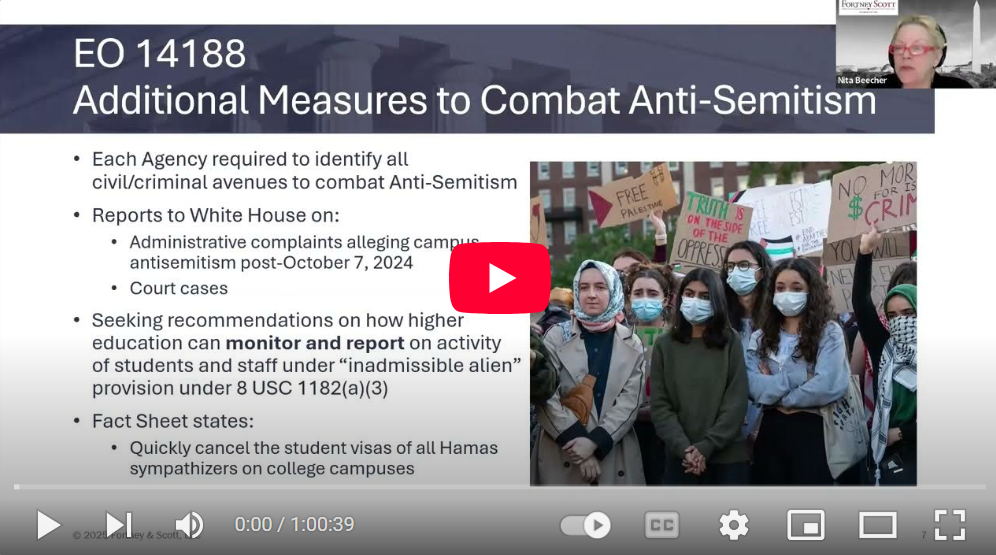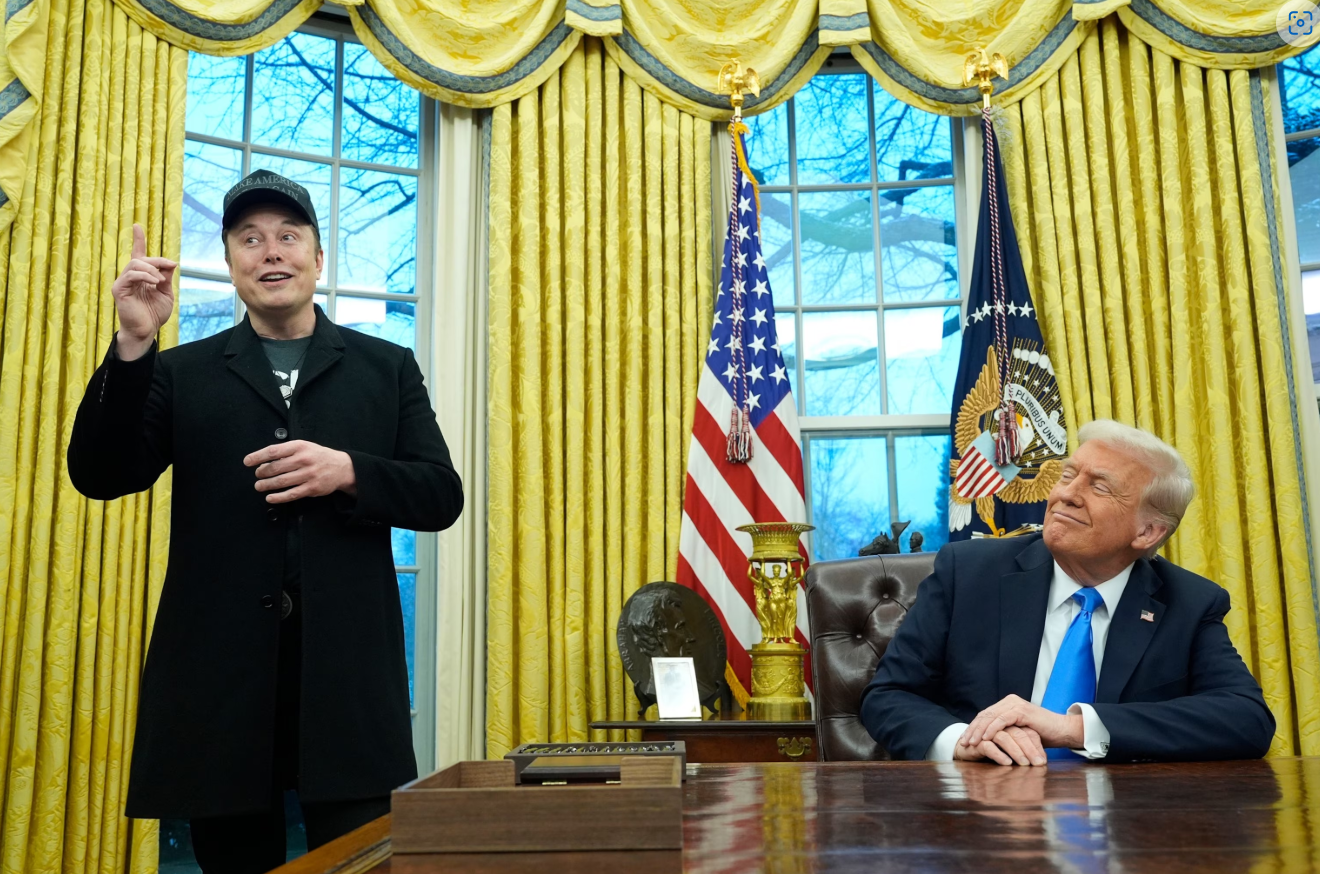OFCCP Issued Revised Final Pre-Enforcement Notice and Conciliation Procedures
Overview: The Office of Federal Contract Compliances Programs (OFCCP) issued revised final Pre-Enforcement Notice and Conciliation Procedures on August 4, 2023, which substantially altered the standards by which those contractors’ efforts will be evaluated in compliance reviews. The revised regulation culminates a process to rescind the existing rule that began a mere 15 months after the prior regulation was promulgated. The new rule becomes effective on Sept. 5, 2023.
Background on 2020 Rule: The 2020 Pre-Enforcement Notice and Conciliation Procedures (“PDN”) Rule was designed to strengthen the evidentiary bases for the agency’s enforcement proceedings. The 2020 rule was a response to a 2016 GAO Report that was strongly critical of the inconsistency and unreliability of the agency’s auditing procedures, including its statistical findings. A key part of the 2020 rule was to provide “clear evidentiary standards” upon which compliance officers could proceed. Specifically, the 2020 Rule articulated clear standards that required OFCCP to demonstrate the following in any PDN and NOV alleging intentional disparate treatment:
- quantitative evidence of a standard deviation of two or more based on a statistical analysis of similarly situated groups and controlling for legitimate job-related factors;
- the identified disparity is practically significant; and
- qualitative evidence supports a finding of discriminatory intent on the part of the contractor.
It was widely believed in the contractor community that the 2020 rule would yield more focused audits, improved notice to contractors, and superior statistical data on which enforcement/ conciliation efforts could proceed.
2023 Rule: The revised PDN regulation eliminates the specific evidentiary requirements of the rule, cited above, that the agency needed to meet to issue a Predetermination Notice or Notice of Violation. In the place of these comprehensible standards, the final rule restores the Predetermination Notice to convey preliminary findings of potential discrimination, providing contractors early notice when OFCCP finds potential issues, based on unarticulated criteria and often undisclosed statistical calculations. The revised rule also gives the agency the right to add violations to an NOV not included in a PDN and shortens the response period for predetermination notices from 30 days to 15 days. As stated in the new regulation: “In sum, this final rule largely returns to the processes and standards under which OFCCP and contractors operated for many years prior to the effective date of the 2020 rule…”
Conclusion: The OFCCP’s 2020 PDN Rule provided much needed guidance to both contractors and OFCCP alike on when and how potential discrimination should be determined. However, the revised rule has removed nearly all of that guidance despite contractors’ request that such guidance be retained.
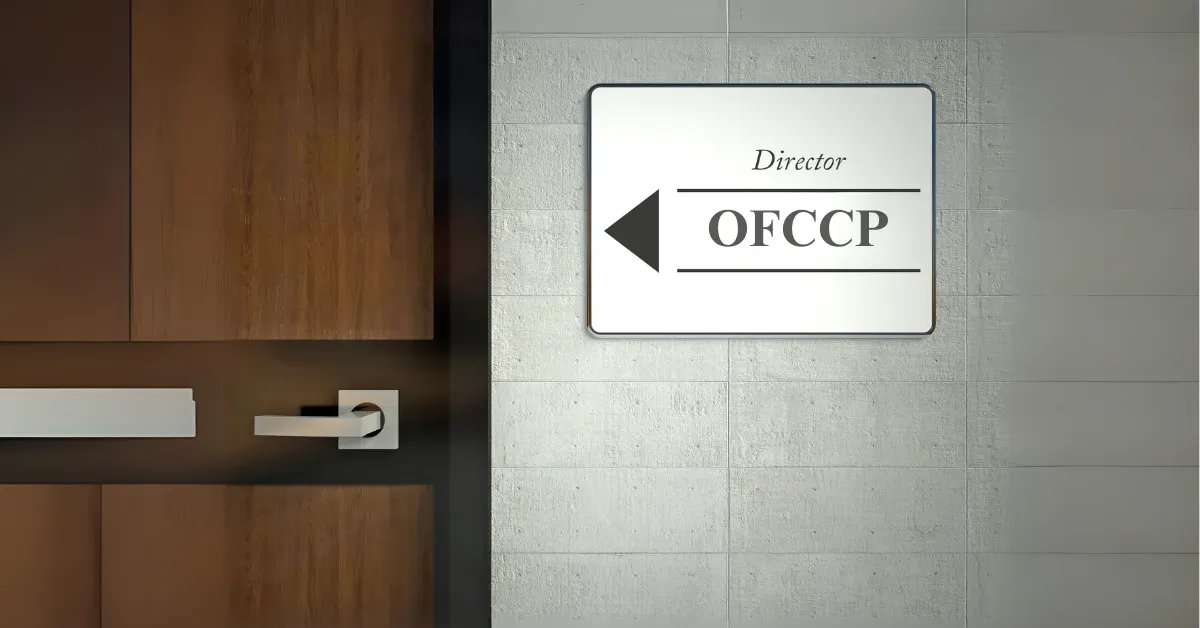
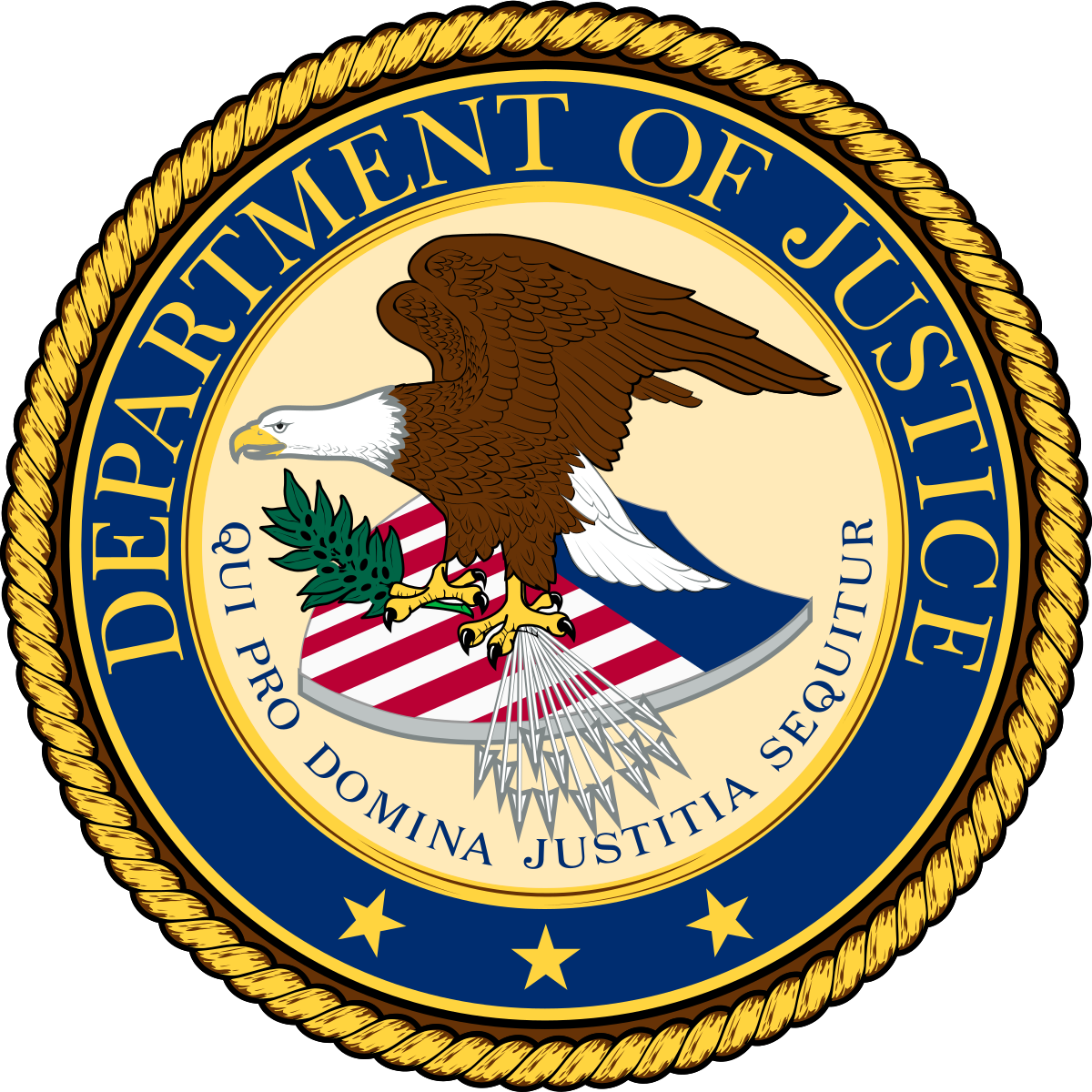

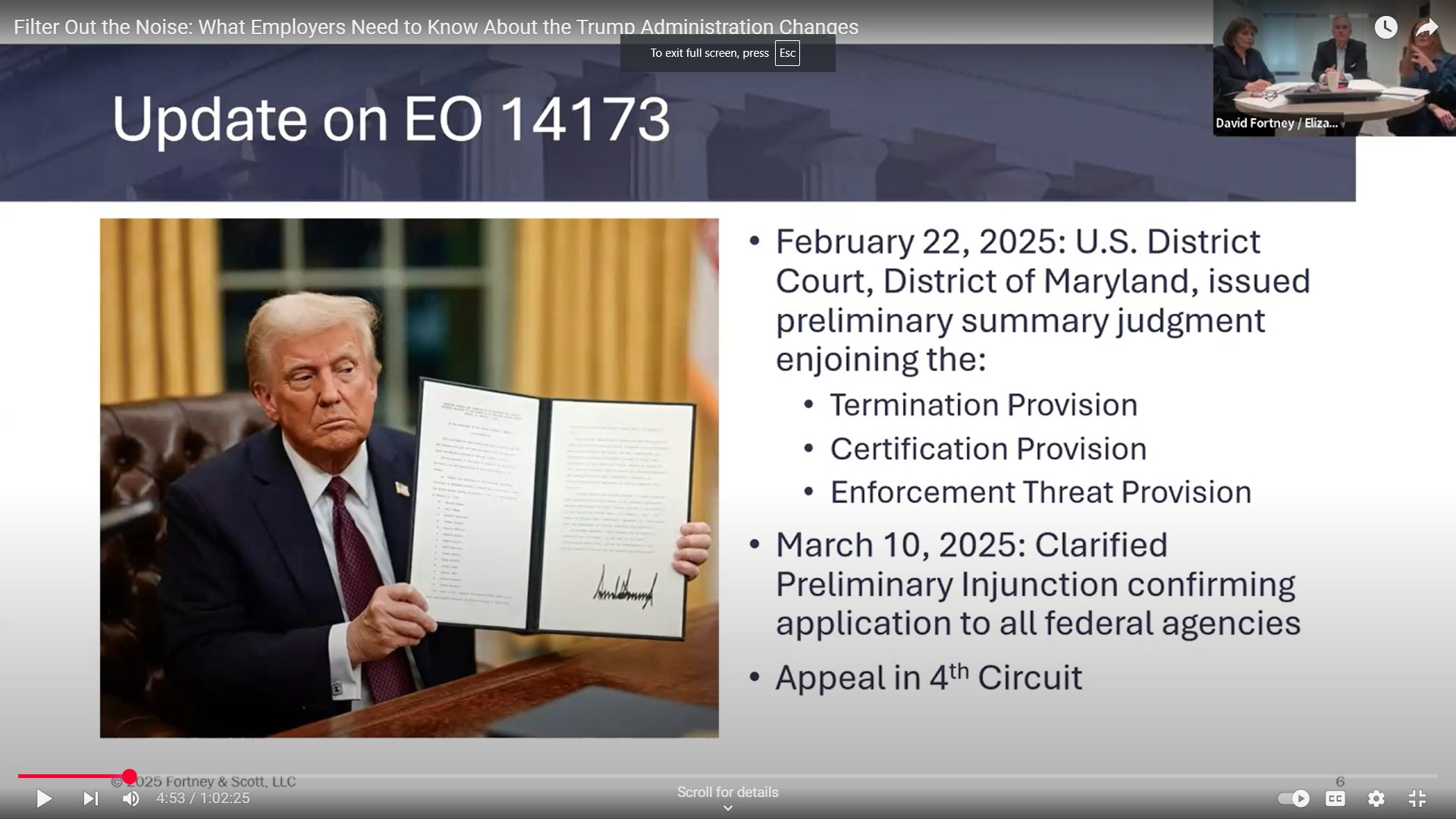




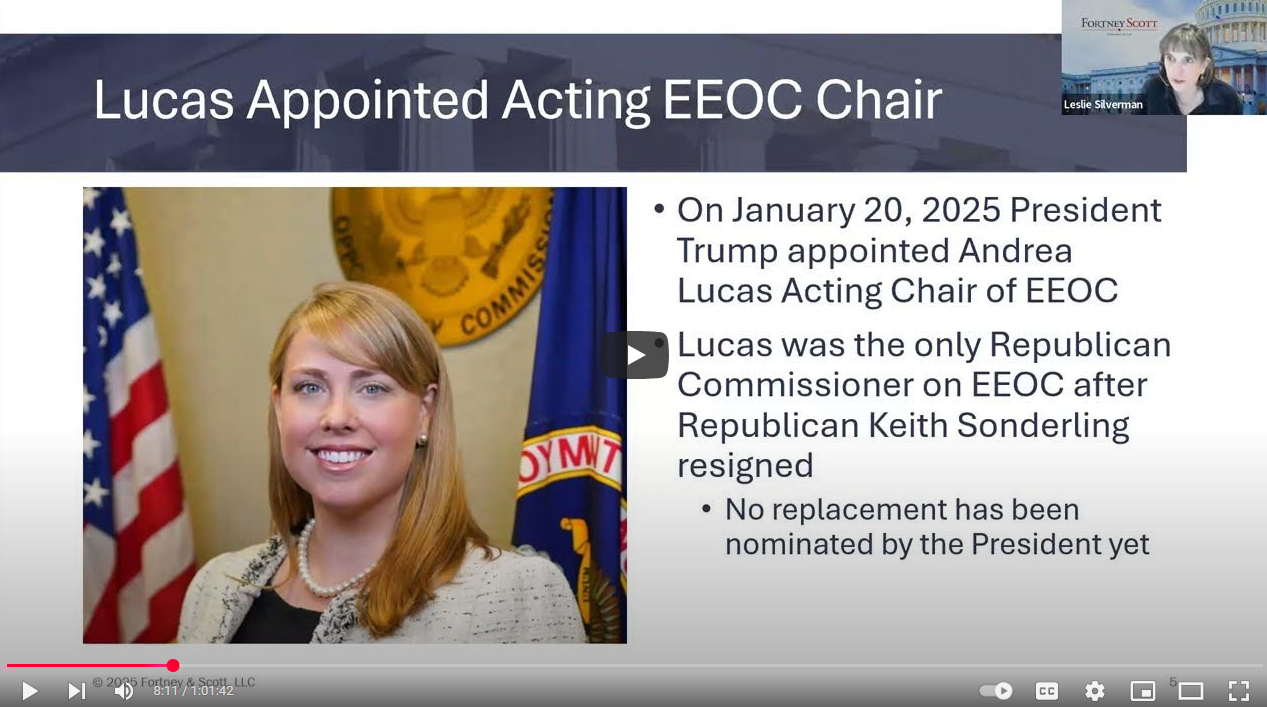

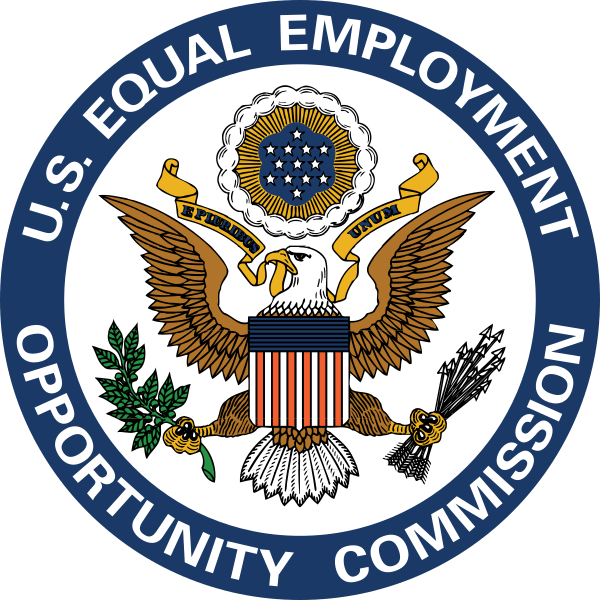
All Rights Reserved | Powered by AutomationLinks | Terms & Conditions | Privacy Policy


